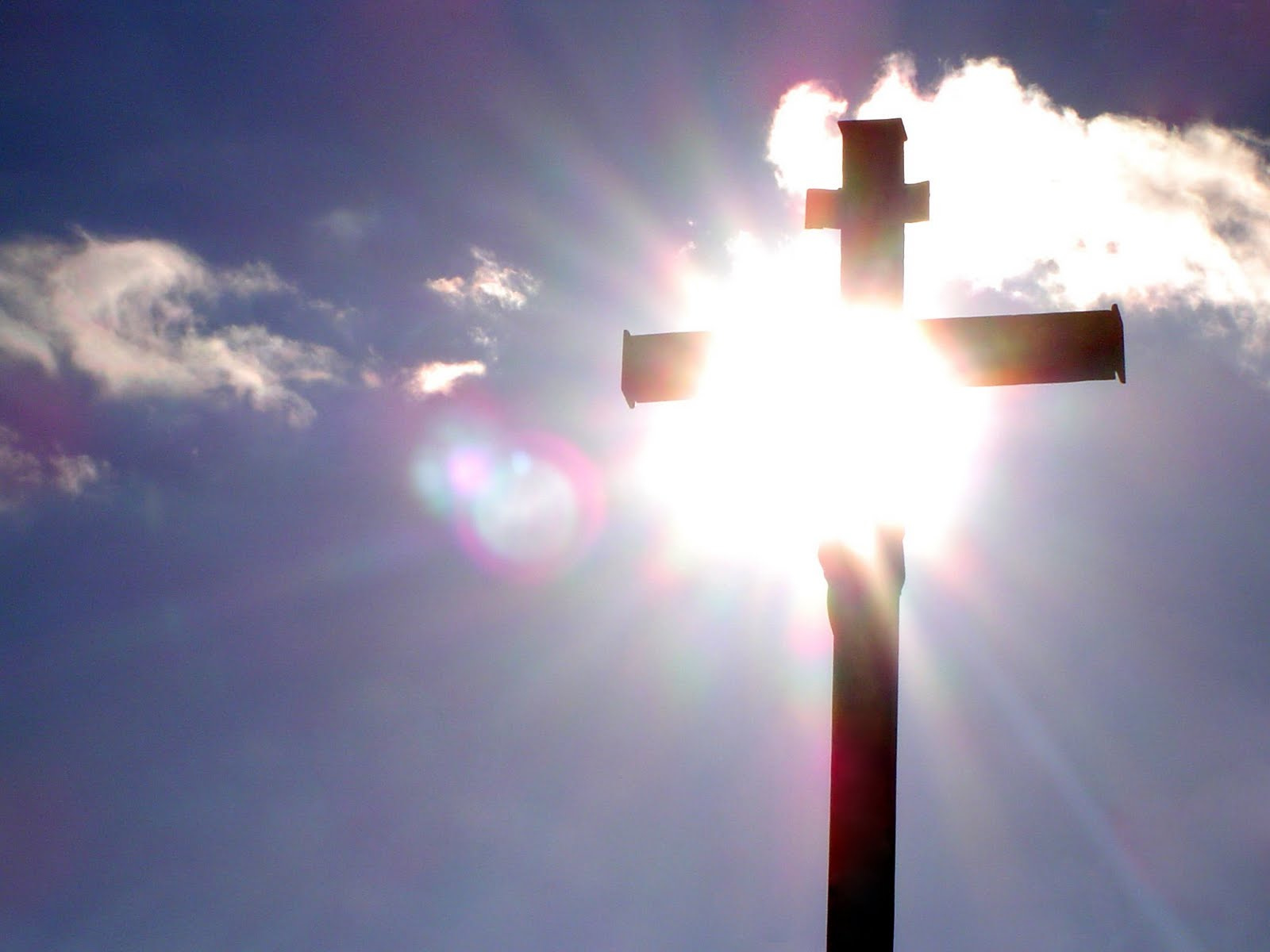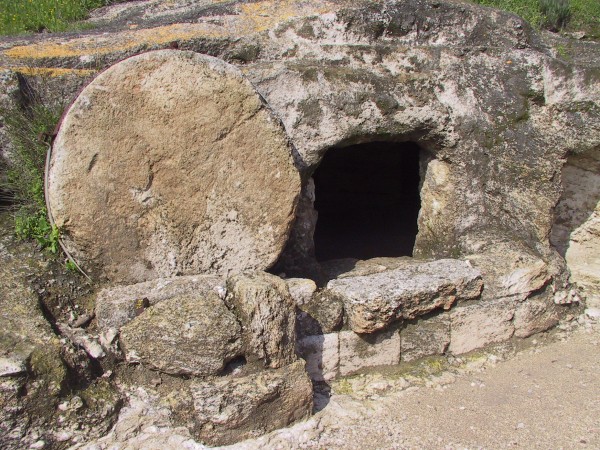 I’ve often longed for the heady days of the early church–permeated with God’s empowering presence (title of an excellent book by Dr. Gordon Fee–http://www.amazon.com/Gods-Empowering-Presence-Spirit-Letters/dp/0801046211/ref=sr_1_1?s=books&ie=UTF8&qid=1452105365&sr=1-1&keywords=god%27s+empowering+presence). In some circles today, however, the church is filled with practiced productions and unremarkable routines, but nothing remotely close to the miraculous. With that in mind, here’s a brief look at the early church’s narrative that leads to Sermon 2 of “The Acts Eight”.
I’ve often longed for the heady days of the early church–permeated with God’s empowering presence (title of an excellent book by Dr. Gordon Fee–http://www.amazon.com/Gods-Empowering-Presence-Spirit-Letters/dp/0801046211/ref=sr_1_1?s=books&ie=UTF8&qid=1452105365&sr=1-1&keywords=god%27s+empowering+presence). In some circles today, however, the church is filled with practiced productions and unremarkable routines, but nothing remotely close to the miraculous. With that in mind, here’s a brief look at the early church’s narrative that leads to Sermon 2 of “The Acts Eight”.
After Peter’s Pentecost sermon (https://theoldpreacher.com/not-drunk-like-you-think/), 3,000 were added to the 120 (2:41). The first mega-church. A sizable chunk of an estimated Jerusalem population of 50,000.
Wide-Angle View of the Early Church.
In Acts 2:42-47 author Luke writes a wide-angle view–a summary–of the 3,000-member church’s life in the days following Pentecost . .
They devoted themselves to the apostles’ teaching and to the fellowship, to the breaking of bread and to prayer. Everyone was filled with awe, and many wonders and miraculous signs were done by the apostles. All the believers were together and had everything in common. Selling their possessions and goods, they gave to anyone as he had need. Every day they continued to meet together in the temple courts. They broke bread in their homes and ate together with glad and sincere hearts, praising God and enjoying the favor of all the people. And the Lord added to their number daily those who were being saved. (2:42-47).
Here’s a closer look at Luke’s summary to give us a better picture of the church . . .
Devotion. The Greek word translated “devoted” (proskartereo) means they “occupied themselves diligently” with four things . . .
The apostle’s teaching. They devotedly learned from the apostles Jesus’ teachings. They learned in order to practice. They were all disciples.
Fellowship. They spent considerable time together. If I catch the sense of text correctly, they didn’t squeeze fellowship into a busy schedule. Rather, their days centered in their shared life together. Daily they met in the temple courts. “Selling their possessions and goods, they gave to anyone as he had need.” This stuns me whenever I read it. I imagine a family that loses everything due, let’s say, to illness. Others learn of it. They don’t give an offering of spare cash; they actually sell possessions, collect the cash and give it to the needy family. Apparently this was common practice, not a one-time gift. They devoted themselves to this kind of koinonia (fellowship).
The breaking of bread. Luke explains in verses 46,47a–“They broke bread in their homes and ate together with glad and sincere hearts, praising God and enjoying the favor of all the people.” This bread-breaking included joyfully sharing meals together and almost certainly celebrating the Lord’s Supper.
Prayer. This devotion probably included “praising God” (2:47a) as well as praying for unbelievers and interceding for each other’s needs. Whatever form their prayers took, they must have prayed anticipating answers because they knew they prayed to the living Lord.
Signs and wonders. Not only devotion, but miracles marked the early church. Everyone was filled with awe, and many wonders and miraculous signs were done by the apostles (2:43). The miraculous wasn’t commonplace; nevertheless, many wonders and signs were done by the apostles evoking a reverent fear, a sense of awe before the miracle-working power of the Lord.
Close-Up View of the Early Church.
In 3:1-10 Luke gives us a close-up view of the early church–in particular the wonders and miraculous signs they experienced. Here it is in my own words . . .
Peter and John were walking to the temple for 3 p.m. prayer time. (Believers in Jesus Messiah still practiced some of the Jewish worship customs.) At the gate called “Beautiful” a man crippled from birth was being carried and set down to beg from the temple-goers. It was how he survived. Coming toward him he saw his day’s first prospects. He begged for money. Instead of rushing past or dropping him a half-shekel, the two looked him straight in the eye and demanded he lift up his head and do the same to them. He looked, expecting money. Peter said, “I have no money, but I’ll give you what I do have. In the name of Jesus Christ of Nazareth walk!” Peter grabbed the cripple’s hand and helped him up. Immediately the cripple felt strength in his feet and ankles. Suddenly he jumped. Then he began walking around (like we do in the store when trying out a new pair of shoes). From that moment on, the three became a star attraction. Peter and john walked toward the temple; but at their side the former life-time cripple kept jumping and praising God. People couldn’t help but look. And when they recognized who he was–they pointed at him with mouths hung open in amazement (from 3:1-10).
The Church Today.
Except for few who may be fearful of being called “charismatic”, who wouldn’t want to see miracles in the church today? Of course, we can’t make God make miracles. God distributes them according to his will (Hebrews 2:4). But, humbly and needy, we can pray . . .
Miracle-working God who raised Jesus from the dead,
pour out your Spirit on your people today.
We ask for signs and wonders,
not to entertain us, but to heal our hurts and bind up our wounds.
We beg for your full-of-wonder power,
not to attract spectators but to cause the lost to give ear to your Gospel.
We long to know you, Lord,
not just as a quiet comforter but as a rushing wind of power.
We pray for miracles and gifts of the Spirit, Lord,
not to make a name for ourselves but for the glory of your great name.
We humbly pray in the name of the One
with whom nothing is impossible. Amen.









Recent Comments